In 2006, Paul Rothemund transformed the field of DNA nanotechnology when he unveiled an innovative approach for making shapes and patterns from genetic material.
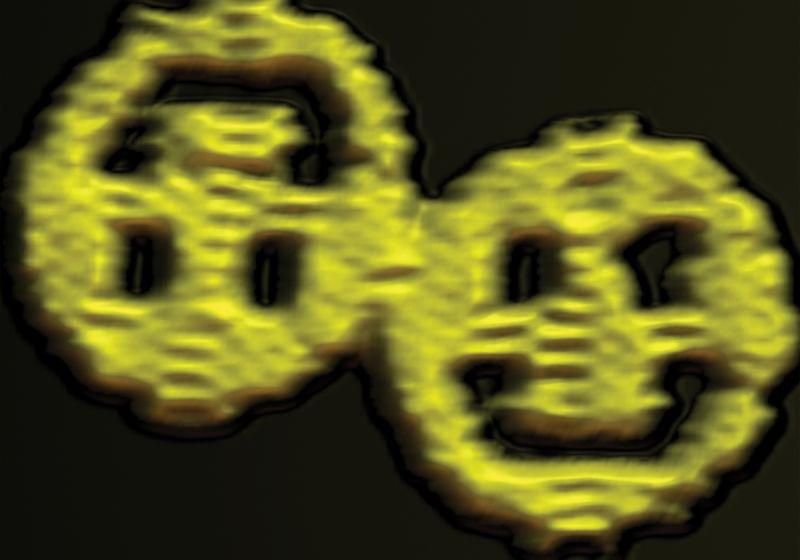


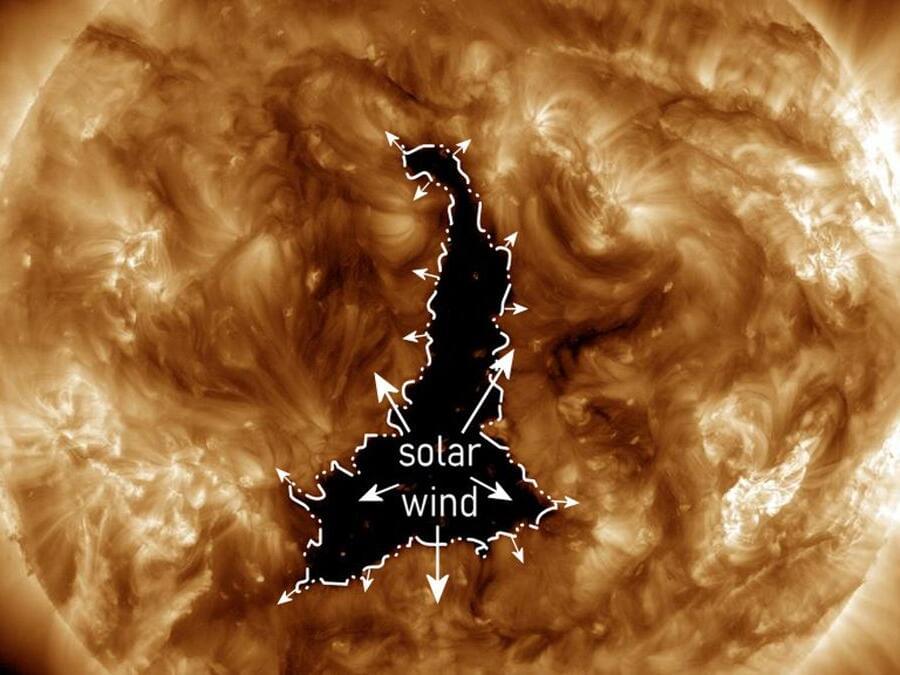
An enormous dark hole has opened up in the sun’s surface and is spewing powerful streams of unusually fast radiation, known as solar wind, right at Earth. The size and orientation of the temporary gap, which is wider than 60 Earths, is unprecedented at this stage of the solar cycle, scientists say.
The giant dark patch on the sun, known as a coronal hole, took shape near the sun’s equator on Dec. 2 and reached its maximum width of around 497,000 miles (800,000 kilometers) within 24 hours, Spaceweather.com reported. Since Dec. 4, the solar void has been pointing directly at Earth.
Experts initially predicted this most recent hole could spark a moderate (G2) geomagnetic storm, which could trigger radio blackouts and strong auroral displays for the next few days. However, the solar wind has been less intense than expected, so the resulting storm has only been weak (G1) so far, according to Spaceweather.com. But auroras are still possible at high latitudes.
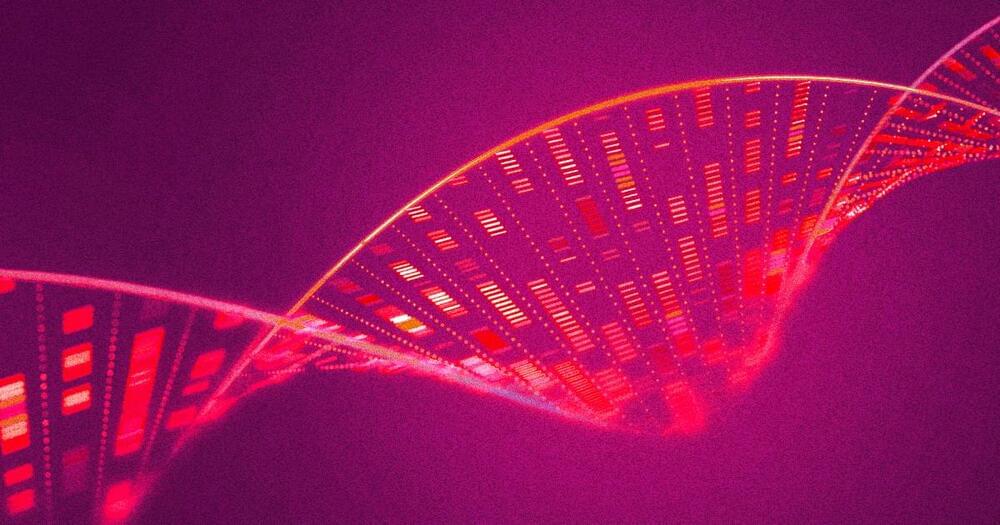
On the internet, nothing is safe — not even your DNA, apparently.
That’s the dystopian lesson from the commercial genetic testing company 23andMe, which disclosed on Friday in a regulatory filing that hackers managed to access information on about 14,000 users or 0.1 percent of its customer user base.
But the problem goes beyond this relatively small number of people. Because the website allows users to share DNA information with other users in order to find relatives, the true number impacted is orders of magnitude larger — with about 6.9 million customers having their personal information compromised, according to TechCrunch. Big yikes on that figure, because it affects something like half of the 14 million users at 23andMe.
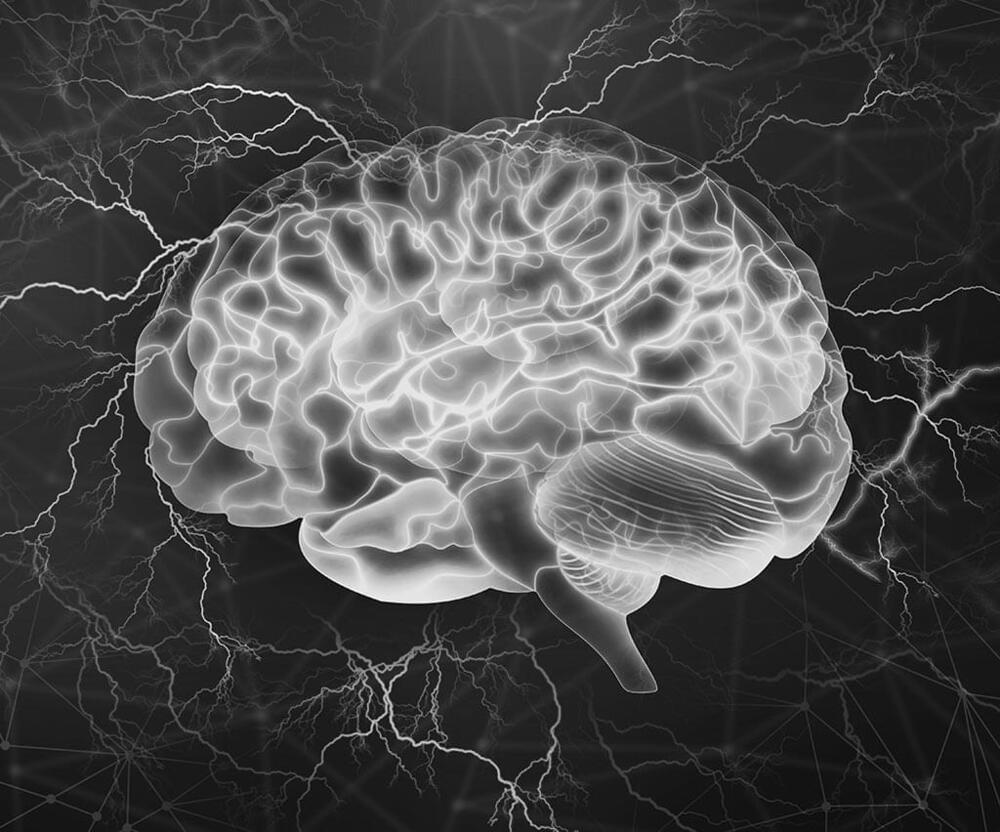
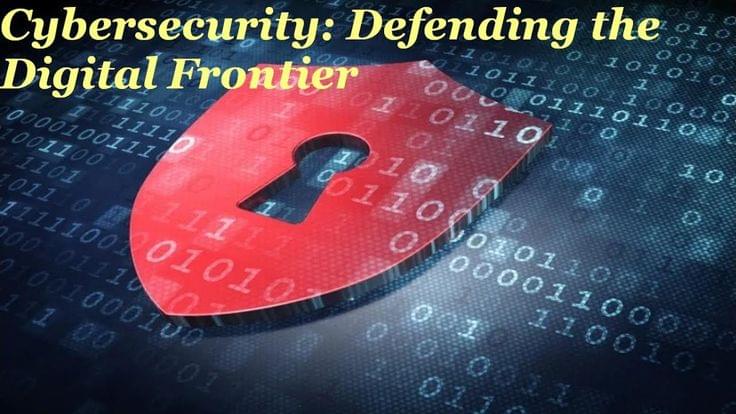
Elon was left “speechless” when confronted with the possibility that AI could follow humans to another planet.
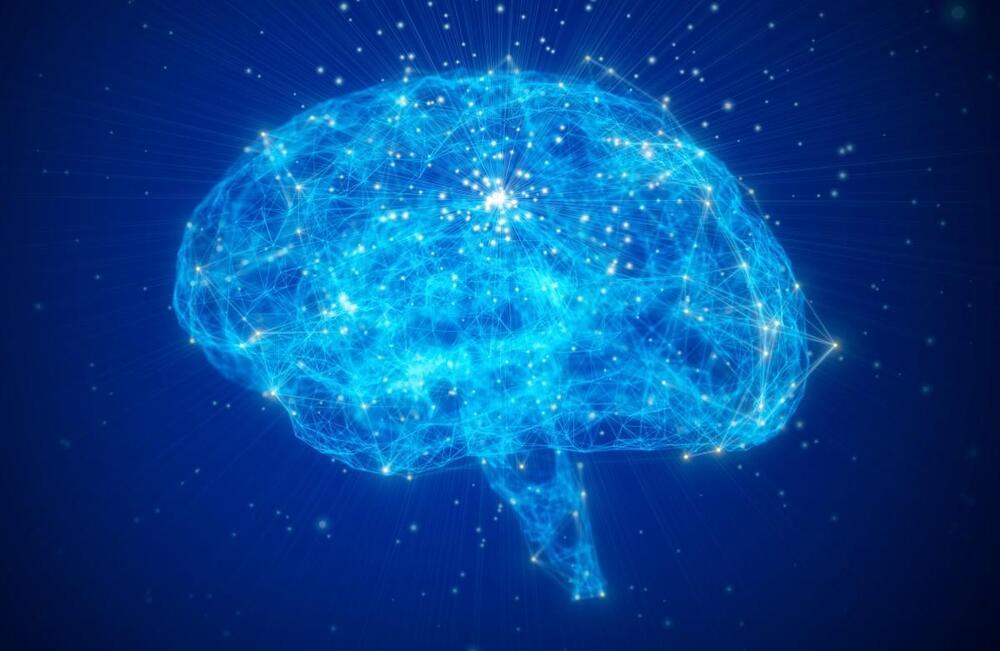
An MIT spinoff co-founded by robotics luminary Daniela Rus aims to build general-purpose AI systems powered by a relatively new type of AI model called a liquid neural network.
The spinoff, aptly named Liquid AI, emerged from stealth this morning and announced that it has raised $37.5 million — substantial for a two-stage seed round — from VCs and organizations including OSS Capital, PagsGroup, WordPress parent company Automattic, Samsung Next, Bold Capital Partners and ISAI Cap Venture, as well as angel investors like GitHub co-founder Tom Preston Werner, Shopify co-founder Tobias Lütke and Red Hat co-founder Bob Young.
The tranche values Liquid AI at $303 million post-money.
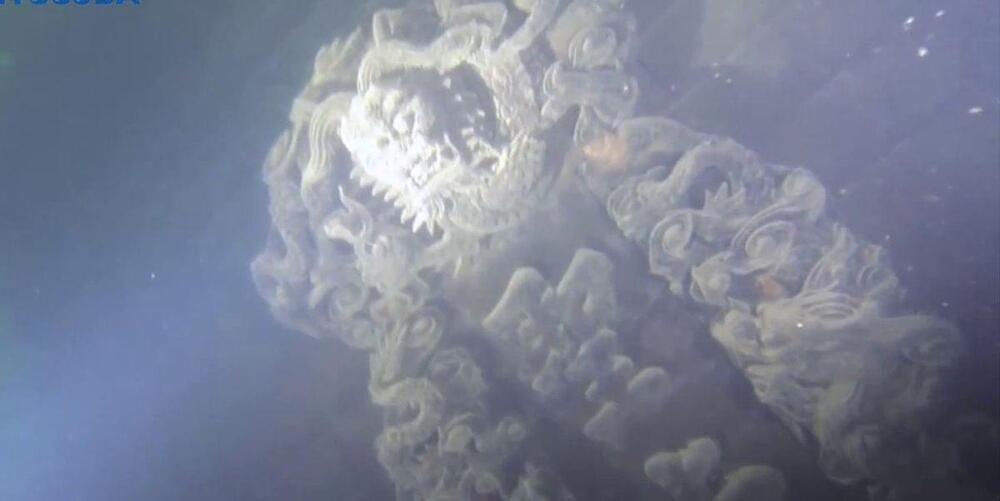
O.o!!
Submerged beneath a manmade lake in China lies a forgotten city, dubbed by experts as “China’s Atlantis”
The underwater city, known as the Lion City or Shi Cheng, is hidden 40 metres beneath the surface of Qiandao Lake in eastern China.
In 2001, officials discovered – or rediscovered – that the metropolis had been perfectly preserved after years underwater, and by 2017 had opened it up as a diving site for tourists.

One of nature’s most common organic materials—lignin—can be used to create stable and environmentally friendly organic solar cells. Researchers at Linköping University and the Royal Institute of Technology (KTH) have now shown that untreated kraft lignin can be used to make solar cells even more environmentally friendly and reliable. The study has been published in the journal Advanced Materials.
Sunlight currently seems to be one of the main sustainable energy sources. Traditional solar cells made from silicon are efficient but have an energy-demanding and complicated manufacturing process that may lead to hazardous chemical spills. Organic solar cells have therefore become a hot research area thanks to their low production cost, light weight and flexibility, and hence have many applications, such as indoor use or attached to clothing to power personal electronic devices.
But one problem is that organic solar cells are made of plastic, or polymers derived from oil. So, although organic, they are not as environmentally friendly as they could be.